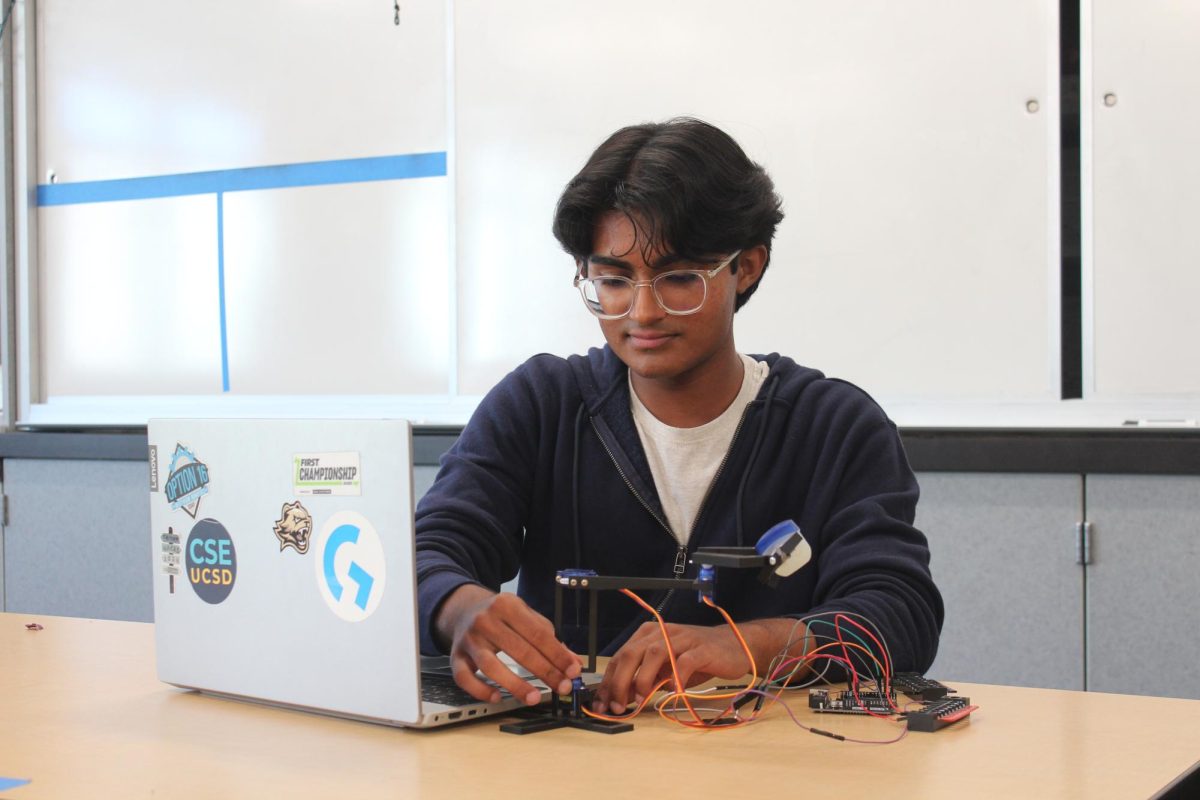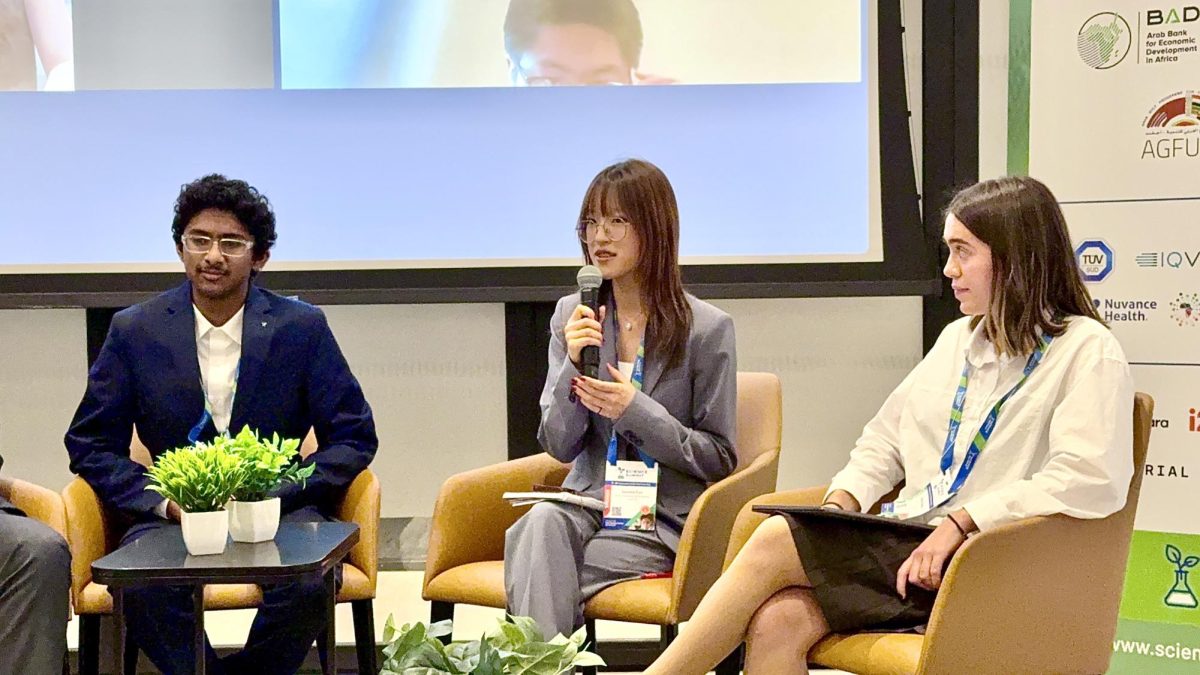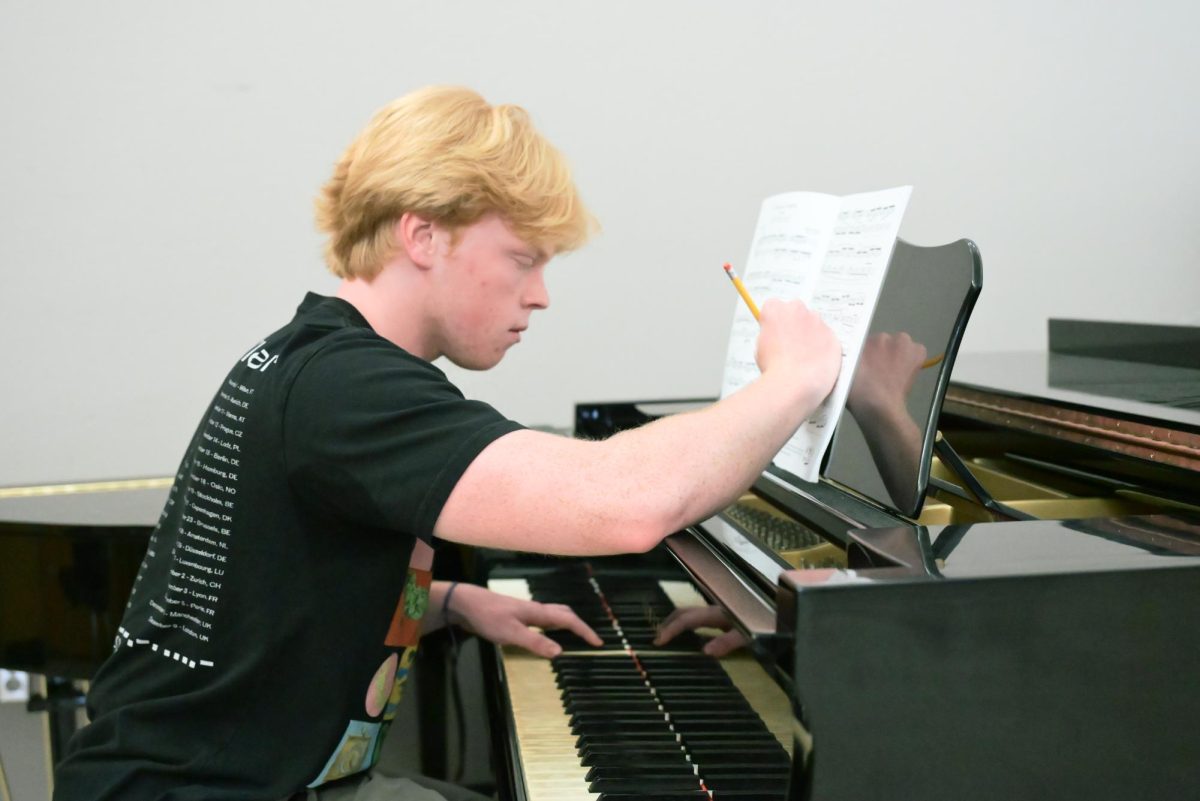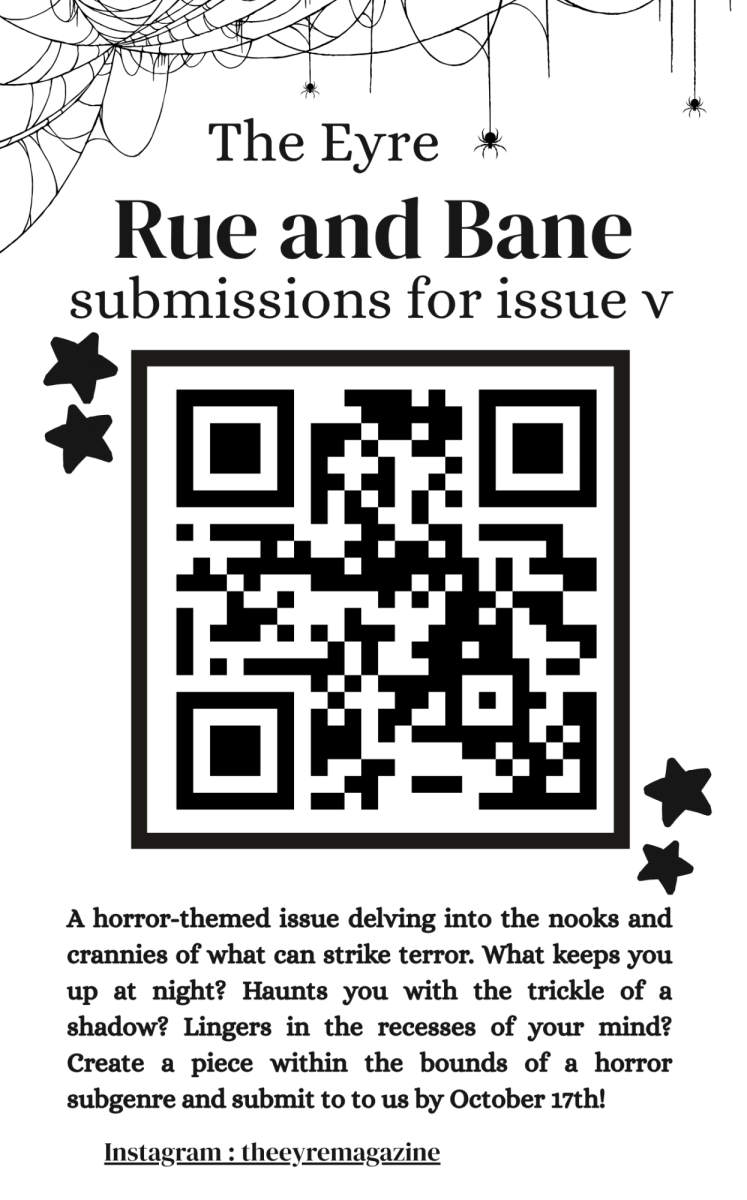Shayna Mehta (12) tried her best to keep her hand steady. She picked up a narrow tube, slowly and carefully placing it into a giant laminator in her company’s laboratory. Millibar by millibar, degree by degree, she adjusted its air pressure and temperature ever so slightly to increase the tube’s diameter. She could not accept anything less than the most exact measurement. The tube would later be encased within a socket to build their end product: a catheter.
With a swift movement, she turned off the machine at the last possible second, securing the tube’s width at that specific moment.
Perfect.
Since September, Mehta has been working two to three times a week at Solutions Matter, a biomedical engineering company that manufactures medical devices.
“We’ll get clients from other private medical companies and they’ll give us a certain task or job they want completed with a specific device,” Mehta said. “We will then make this product from scratch, develop it, and quality check it. Our company’s pride is that they intentionally don’t go outside; everything is done in-house.”
As a paid intern, Mehta said that her job entails more of the methodical work; rather than designing the medical devices, she, Dylan Deng (12), other high-school students, and graduate students build and inspect the products.
“We have engineers who create our schematics and designs, and my responsibility is in executing that vision,” Mehta said. “As we go through the aspects of each device, we have to assemble and test every single component that will eventually make up whatever medical device we are working on at the moment.”
The company works on a wide variety of products, ranging from surgical tools to dissolvable enzymes. Deng said being perfectly precise is essential to their job.
“A lot of what we are doing is checking measurements,” Deng said. “We make sure that the product is ready to send out to companies. The key is that everything needs to be accurate. We have these engineering tools, like calipers and gauges that help us inspect products to make sure they are at the proper standard. It’s very tedious work, like testing out the width and thickness of different [components] and making sure it’s within a [set] margin of error.”
Though at times these processes may seem repetitive, Mehta said she gets to experience something new every day she comes into work.
“One day I’ll be using a caliper and measuring this piece of plastic, and the next I’ll be working with silicone molds and vacuums,” she said. “Maybe the following day, I’m looking into a glove box where there’s no oxygen or wearing a hair net, gloves, and safety goggles to package devices. I never know what I’ll do next and it’s so cool to see the little processes of how everything comes together.”
In her time at Solution Matters, Mehta said she has had the opportunity to work on several medical projects. One particular example was the development of a hydrogel.
“One of the first devices I worked on was this hydrogel that we had to measure out and place into these cartridges,” Mehta. “It would eventually be placed in a syringe and its goal was to replace vasectomies with a more impermanent procedure. Essentially, it would be injected and it would reside in someone’s body. But, if needed, a polymer we were also working on could dissolve that hydrogel. It mimicked the effects of a vasectomy, while also being reversible. I didn’t know there were other methods of this procedure that were possible. It opened my eyes to seeing that medical issues could be approached in creative ways.”
These products, however, will not reach the market any time soon. According to Mehta, this is only the beginning of their development and these prototypes will have to be perfected for years until their official release.
“Right now, it’s just a lot of experimenting because we are still in the [research and development] stage,” Mehta said. “Once we start actually manufacturing them, these will be going straight to the private companies and hospitals. But, that won’t happen for at least 10 years, because of the way the [Federal Drug Administration] has so many rules, regulations, tests, and processes a product has to go through before it’s actually used. It’s really interesting to be a part of this process. I’m really curious to see how these devices will develop.”
For both Mehta and Deng, this is their first job. But Deng said it wasn’t intimidating as she saw Solutions Matter as an avenue to their futures.
“I’ve done other internships and research projects before, so this just felt like the next step,” Deng said. “I’m planning on going into engineering and biomedical engineering, which is congruent with that. I’ve learned what a workplace and company feels like and, as opposed to my previous research, I feel like I have more of a clear goal of what the end product should look like. I know what I’m building; I know what I’m inspecting and how it’s supposed to look.”
Mehta said that this job has solidified her path for the future.
“For a while, I really wanted to go into medicine, because I thought it would have a more direct impact on the people I was helping,” Mehta said. “Having a purpose is really important to me and though I had a passion for biomedical engineering and engineering in general, I was scared I would lose sight of my goals and get lost in this repetitive cycle of doing math, dealing with numbers, [and] experimenting. But, this job has shown me that, though it may be further in the future, this really repetitive and meticulous work is eventually going to help people in really impactful ways. Even if I’m just inspecting products right now and checking things off of Google Sheets, one of these devices may go on to save lives.”


![Shayna Mehta (12) [front] and Dylan Deng (12) [back] work in a glove box, filling cartridges with hydrogel, Monday. They both work at Solutions Matter.](https://wvnexus.org/wp-content/uploads/2024/11/IMG_9401-1200x800.jpg)




